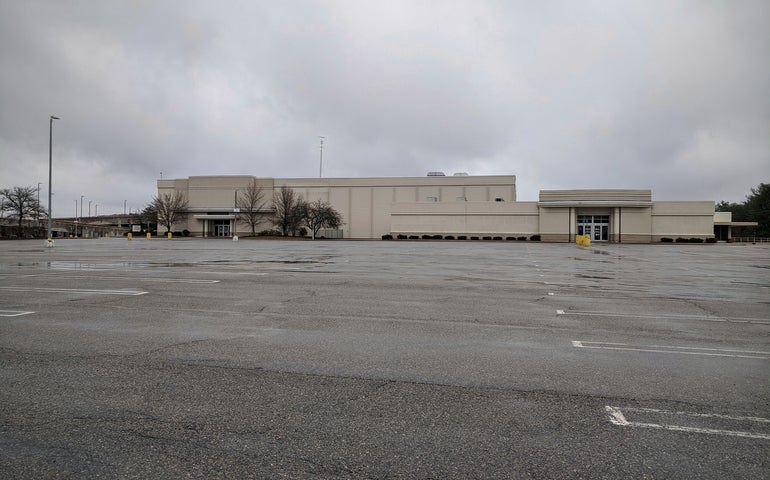State tax collections in 2020 will plunge 20 percent and unemployment in Massachusetts will soar to 14.7 percent, according to one of the experts scheduled to testify Tuesday before state budget officials about the economic havoc being caused by the COVID-19 pandemic.
U.S. gross domestic product this year will decline by 7.4 percent, according to the Beacon Hill Institute for Public Policy Research, which estimates that the state’s gross state product will roughly mirror that fall, with a projected decline of 7.2 percent.
The institute based its U.S. GDP estimate on the average of the estimates from Bank of America, Morgan Stanley and Goldman Sachs.
“Massachusetts state tax revenues are set to face a significant strain as most revenue streams will fall significantly,” according to the institute, which is led by its president David Tuerck.
By comparison, tax revenues fell nearly 15 percent in fiscal 2002, the institute said, and nearly 13 percent in fiscal 2009 due to the Great Recession, when U.S. gross domestic product sunk by 3.9 percent.
Tuerck and other economists and fiscal analysts are set to testify remotely Tuesday at a virtual hearing called by state budget officials who are preparing to alter the course of spending to reflect the many new realities brought on by the pandemic.
The novel coronavirus has forced an unprecedented shutdown of economic activity, and while public officials are beginning to plan for the reopening of parts of the economy, many parts of the nation remain in the clutches of the virus and no one can say for sure when the economy will rebound or how strongly.
In his testimony, Tuerck said the $2 trillion federal stimulus package is “a step in the right direction in staving off incoming liquidity issues facing businesses large and small,” but cautioned that the economy “cannot functionally restart until the COVID-19 virus is properly contained.”
“Elsewhere in the economy, the residential and commercial real estate market will be burdened moving forward,” according to the institute’s testimony, a copy of which was obtained by the News Service. “Businesses that have been forced to close and people who have lost their jobs will be unable to pay their rent or mortgages, which could in turn lead to a collapse in the real estate market.”
The virus hit Massachusetts about three quarters of the way through fiscal 2020, a year in which tax collections have largely been rolling in as expected. A steep falloff in collections over the final three months of fiscal 2020 will likely force Gov. Charlie Baker to make budget corrections or tap into the state’s reserves.
Baker in January filed a $44.6 billion fiscal 2021 budget that called for significant investments in K-12 education and transportation. His spending plan was based on an agreement with top lawmakers that fiscal 2021 tax revenues would grow 2.8 percent to $31.15 billion. That number is now expected to be marked down.
Apart from a wrenching series of spending decisions, legislative leaders also need to come up with a new process for approving an annual budget since they are currently unable to gather at the largely closed State House for traditional deliberations due to social distancing guidelines.
Beacon Hill officials plan to “huddle” sometime after Tuesday’s hearing to figure out how to craft the state budget, according to Senate President Karen Spilka.

